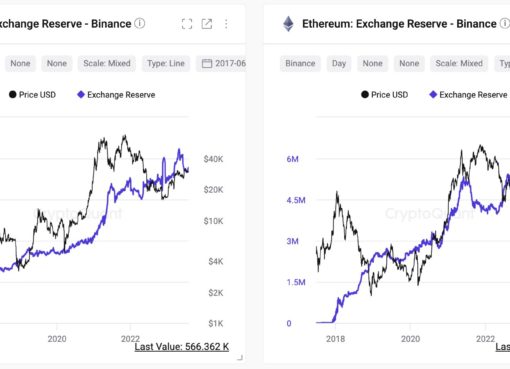Amid the ongoing discussion between the Central Bank of Russia (CBR) and the nation’s Finance Ministry on the future of crypto, a State Duma (the lower chamber of Parliament) working group has voiced their support for regulating rather than banning digital assets.
The working group called for the “clear regulation of the digital assets industry” as the most effective approach to lower the risks associated with crypto’s adoption in the country.
As reported by local media, some 50 experts took part in the panel session called by the Duma’s working group “On the questions of the regulation of cryptocurrency”. The participants came to the conclusion that the “effective and transparent” regulation of the digital asset industry in Russia demands the mechanisms “to control the cryptocurrency transactions”. Such mechanisms already operate in other countries, as experts mentioned, though there is no public information as to what jurisdictions they referred to.
The key takeaway from the session is the group’s apparent support of the Finance Ministry’s approach to regulation, with some technical reservations. Experts urged the Ministry to augment the language in its bill related to non-institutional mining, the role of traditional banks, know your customer (KYC) procedures and illicit uses of crypto.
Should it attune to its own working group’s advice, the lower chamber will be putting its weight behind the position of the Finance Ministry in the heated up debate with the CBR, which promotes a restrictive approach to crypto.
This battle came into a decisive phase in 2022. On Jan. 20, the CBR announced a proposal for a ban on mining and the circulation of private digital currencies in the country. The Finance Ministry responded quickly by presenting its own “Framework for regulating the mechanisms of digital currencies circulation”, which defined digital assets as being similar to fiat currencies in many regards.
On Feb. 18, both bodies came up with their own contradictory bills. The CBR doubled down on its intention to ban the issuance and circulation of crypto, while the Ministry proposed to define legal requirements to exchange platforms enabling their operation under special registration procedures.
With early signs of parliamentary support and a new regulatory roadmap proposed by deputy prime minister Dmitriy Chernyshenko, the Central Bank’s position in the crypto dispute seems increasingly precarious. The regulator’s blanket ban proposal dramatically lacks any institutional allies within both executive and legislative branches of the government.




